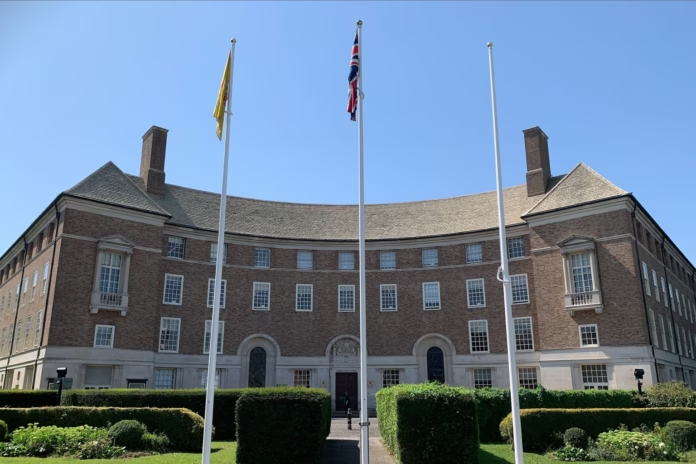
The fees council pay for their external audits are set to be frozen for the second year running despite increasing cost pressures on audit firms, according to the body responsible for setting payment levels.
In a consultation on the 2020/21 fee scale, Public Sector Audit Appointments proposes maintaining fees at the 2018/19 level for the third year in a row, in line with an aspiration it outlined at that time.
However, the body said that setting the fee scale this year had been made harder partly due to a “turbulent and challenging” background in the audit sector.
It said cited two completed reviews of the audit market by the Competition and Markets Authority and Sir Donald Brydon, as well as the ongoing of local authority audit.
In its consultation document, PSAA said: “It is not yet clear what the long term implications of these reviews will be.
“However, the impact of early recommendations has been significant, heightening the pressure on auditors to meet regulatory requirements to deliver audits which reflect greater professional scepticism across all sectors, including local audit.”
PSAA said these pressures have had a “major impact on the conduct of local audits of 2018/19 financial statements”.
Challenges highlighted, PSAA said, include tight timetables for the preparation of accounts and audit opinions, and “recruitment and retention difficulties which are resulting in an increasing shortage of audit resources with suitable experience for local government work”.
The document highlighted auditor concerns about the quality of some bodies’ pre-audit accounts and working papers, and challenges resolving technical issues within increasingly complex accounts.
In August, PSAA revealed that 210 out of 486 audit opinions on local government bodies for 2018/19 were not delivered on time.
The figure jumped sharply from the previous year, when only 13% of opinions missed the deadline.
However, the body has not recommended an increase in fees as a solution to the problem.
Instead, it recommended that “discussions about the impact of the factors outlined needs to take place at local body level between the appointed auditor and an authorised representative of the audited body, such as the chief finance officer”.
It said that these discussions should “take place as soon as possible as part of planning discussions for 2019/20 audits… with a specific aim also to look ahead to identify any implications for 2020/21”.
Stephen Sheen, managing director of local government accounting consultancy Ichabod’s Industries, said that increased pressure on auditors from their regulators has led to many local authorities being billed for additional fees on their 2018/19 accounts.
He said: “The Financial Reporting Council is pushing auditors to improve the quality of their audits.
“Many authorities have for the first time received requests for additional fees. But all of this extra work is to comply with existing audit standards.
“Authorities are fighting back and saying ‘if this was our fault we’d been happy to pay’, but that they shouldn’t be expected to pay, because the extra work is to comply with existing audit standards.”
According to reports, earlier this month, auditor Grant Thornton told West Berkshire Council that it would charge extra fees to due to extra work required to sign-off its accounts.
The Reading Chronicle quoted David Johnson, engagement manager at Grant Thornton as telling a meeting: “Until we have actually finished, that figure is unknown.
“I hesitate to give you a ballpark, because I wouldn’t want to either frighten you or give you a figure that escalates more between now and the next governance and ethics meeting.”
Joseph Holmes, the council’s executive director of resources, was quoted as saying that if there was a significant difference” between what Grant Thornton want to charge and what the council wants to pay, then an independent body can negotiate the costs.
The PSAA consultation on fees will close on Friday 6 March.












